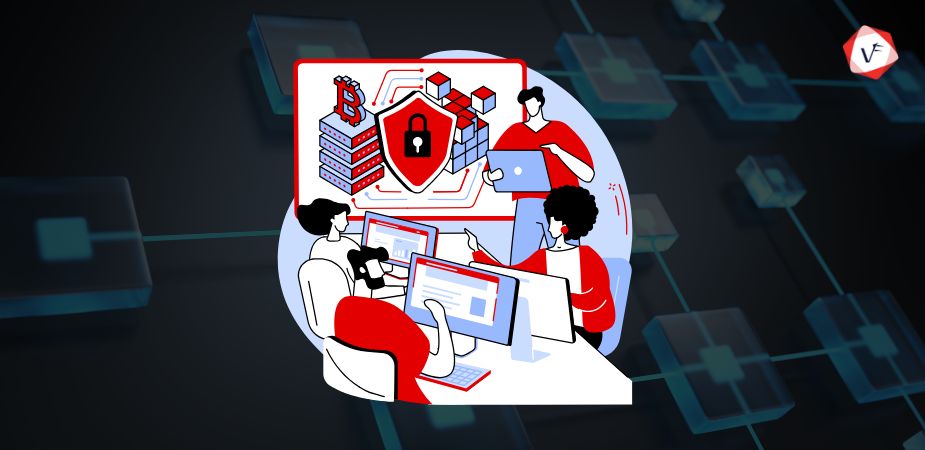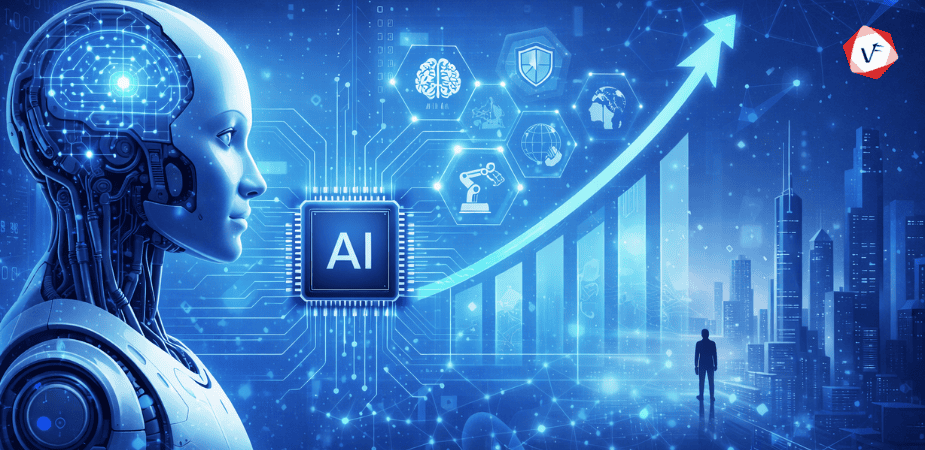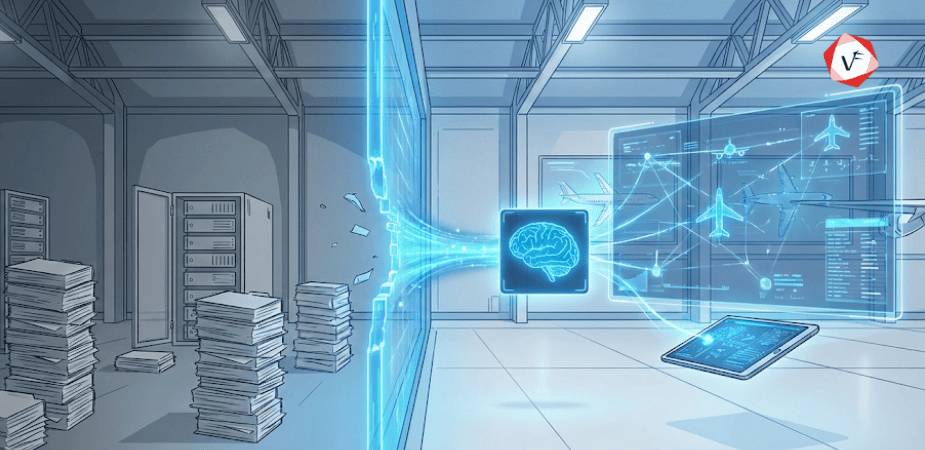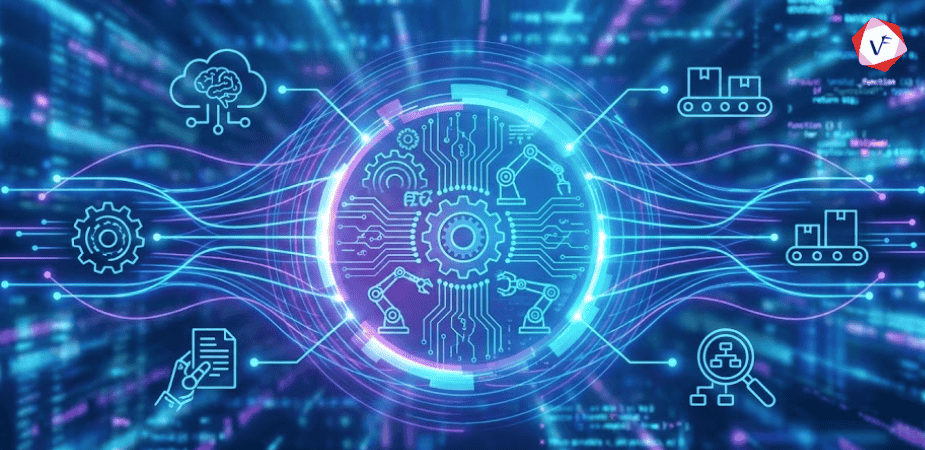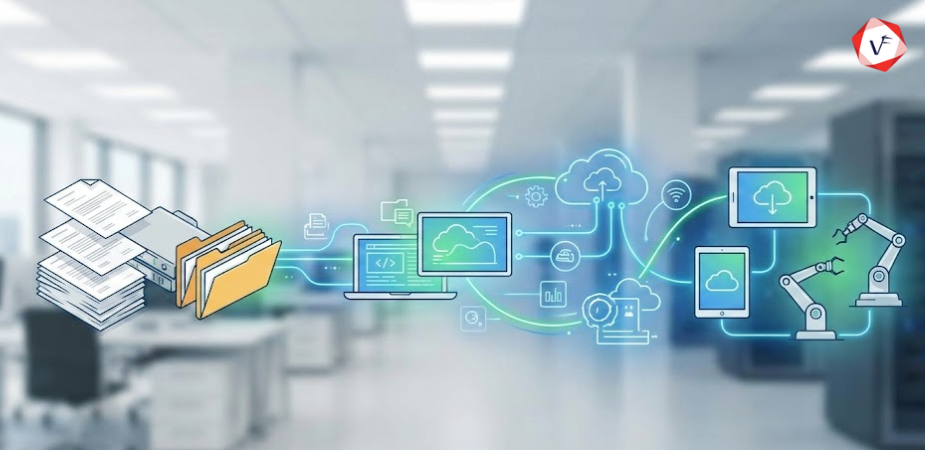The Impact of Blockchain on Web Development
In the rapidly evolving digital landscape, the convergence of blockchain technology and web development is creating significant opportunities and transformations. Blockchain, originally devised for the digital currency Bitcoin, has grown beyond its initial purpose to become a revolutionary technology that impacts various industries. This comprehensive guide explores the multifaceted impact of blockchain on web development, delving into how this technology reshapes the way websites and applications are built, secured, and managed.
Understanding Blockchain Technology
Blockchain technology is essentially a decentralized digital ledger that records transactions across multiple computers. These records, or blocks, are linked and secured using cryptographic principles, forming a chain. Each block contains a cryptographic hash of the previous block, a timestamp, and transaction data, making it highly secure and immutable. The decentralized nature of blockchain means that no single entity controls the entire chain, ensuring transparency and reducing the risk of fraud.
Enhancing Security in Web Development
One of the most significant impacts of blockchain on web development is the enhancement of security. Traditional web development often relies on centralized servers, which can be vulnerable to hacking and data breaches. Blockchain’s decentralized approach distributes data across a network of nodes, making it much harder for hackers to compromise the system. Each transaction or data entry is encrypted and linked to the previous one, creating a secure and unalterable record.
For web developers, this means integrating blockchain technology can significantly reduce the risk of cyber-attacks. User data, payment information, and sensitive transactions can be protected with robust encryption, enhancing trust and reliability. For example, a blockchain-based e-commerce platform can secure customer data and transactions, ensuring that personal and financial information remains confidential and tamper-proof.
Improving Transparency & Accountability
Blockchain’s inherent transparency is another critical factor that benefits web development. Every transaction on a blockchain is recorded on a public ledger that anyone can verify. This level of transparency can be particularly advantageous for applications requiring high levels of trust and accountability, such as supply chain management, voting systems, and charitable donations.
Web developers can leverage blockchain to create applications where users can track the provenance and movement of goods in a supply chain, ensuring authenticity and preventing fraud. Similarly, in voting systems, blockchain can provide a transparent and tamper-proof way to record votes, increasing voter confidence and electoral integrity.
Decentralized Applications (DApps)
Decentralized Applications, or DApps, are a direct result of blockchain technology’s influence on web development. Unlike traditional applications, DApps operate on a decentralized network, usually a blockchain, rather than a single server. This decentralization offers numerous benefits, including improved security, censorship resistance, and greater user control over data.
For web developers, building DApps requires a different approach compared to traditional web applications. DApps often utilize smart contracts – self-executing contracts with the terms of the agreement directly written into code. These smart contracts run on blockchain platforms like Ethereum, allowing for automated and transparent execution of transactions without intermediaries.
DApps have diverse applications, from decentralized finance (DeFi) platforms that offer financial services without traditional banks to gaming applications where players have true ownership of in-game assets. As blockchain technology continues to evolve, the potential for DApps in various sectors continues to expand, presenting exciting opportunities for web developers.
Smart Contracts in Web Development
Smart contracts are a cornerstone of blockchain technology, significantly impacting web development by automating processes and reducing the need for intermediaries. These digital contracts are stored on the blockchain and automatically enforce the terms of an agreement when predefined conditions are met. This automation can streamline various web-based processes, making them faster, more efficient, and less prone to human error.
Web developers can incorporate smart contracts into their applications to facilitate secure and automatic transactions. For instance, in an online marketplace, smart contracts can handle payments, ensuring that funds are only released when both the buyer and seller meet their obligations. This reduces the need for third-party escrow services, lowering costs and increasing transaction speed.
Tokenization & Digital Assets
Tokenization is the process of converting assets into digital tokens on a blockchain. These tokens can represent ownership, access rights, or other forms of value. In web development, tokenization offers new ways to manage and exchange digital assets securely and transparently.
For example, in the real estate industry, property ownership can be tokenized, allowing fractional ownership and easier transfer of assets. This can make real estate investment more accessible and liquid. In the context of web development, integrating tokenization can enable new business models and revenue streams, such as microtransactions, loyalty programs, and digital collectibles.
Web developers can leverage tokenization to create platforms where users can buy, sell, and trade digital assets seamlessly. This opens up possibilities for innovative applications in gaming, entertainment, finance, and beyond, where digital ownership and asset management are critical.
Blockchain & Content Distribution
Blockchain technology also offers solutions for content distribution, addressing challenges such as piracy, revenue sharing, and content authenticity. Traditional content distribution systems often involve intermediaries that take a significant share of revenue and may not always protect creators’ rights effectively.
Blockchain can create decentralized content distribution networks where creators have direct control over their work and revenue. Smart contracts can manage licensing and payments automatically, ensuring that creators receive fair compensation for their content. This can be particularly beneficial for industries like music, film, and publishing, where copyright infringement and unfair revenue distribution are common issues.
For web developers, integrating blockchain into content distribution platforms can provide a more equitable and transparent ecosystem for creators and consumers alike. Users can access authentic content with confidence, and creators can be assured of fair compensation for their work.
Blockchain & Identity Verification
Identity verification is a crucial aspect of web development, especially for applications involving sensitive data or transactions. Traditional identity verification methods often rely on centralized databases, which can be vulnerable to breaches and identity theft.
Blockchain offers a decentralized and secure approach to identity verification. By storing identity information on a blockchain, users can control their data and share it selectively with trusted parties. This reduces the risk of identity theft and enhances privacy.
Web developers can implement blockchain-based identity verification systems to create more secure and user-friendly applications. For example, a blockchain-based login system can allow users to authenticate their identity without relying on passwords, reducing the risk of phishing attacks and unauthorized access.
Blockchain & User Experience
Another critical area where blockchain is making a substantial impact on web development is user experience (UX). Traditional web applications often require users to create multiple accounts and remember various passwords, which can be cumbersome and insecure. Blockchain technology can streamline this process by offering decentralized identity solutions, where a single, secure digital identity can be used across multiple platforms.
This approach not only enhances security but also improves user convenience. With blockchain, users can control their own data, granting access to different services without repeatedly entering personal information. This seamless experience can significantly boost user satisfaction and trust, especially in sectors like finance, healthcare, and e-commerce, where privacy and security are paramount.
Challenges & Considerations
While blockchain technology offers numerous benefits for web development, it also presents challenges and considerations that developers must address. One of the primary challenges is scalability. Blockchain networks can experience slow transaction times and high fees during periods of high demand, which can impact the performance of web applications.
Developers must also consider the complexity of integrating blockchain technology. Building DApps and smart contracts requires specialized knowledge and skills, which may necessitate additional training and resources. Additionally, the regulatory environment for blockchain technology is still evolving, and developers must stay informed about legal requirements and compliance issues.
The Future of Blockchain in Web Development
The future of blockchain in web development is promising, with ongoing advancements and innovations driving the technology forward. Emerging solutions such as layer-2 scaling, sharding, and cross-chain interoperability aim to address scalability issues and enhance the performance of blockchain networks.
As blockchain technology matures, we can expect to see more widespread adoption across various industries. Web developers will have the opportunity to create more secure, transparent, and efficient applications, leveraging the unique capabilities of blockchain.
Furthermore, the integration of blockchain with other emerging technologies, such as artificial intelligence (AI) and the Internet of Things (IoT), will open up new possibilities for web development. For example, AI-powered smart contracts can automate complex decision-making processes, while IoT devices can securely interact with blockchain networks to create more intelligent and autonomous systems.
Final Thoughts
The impact of blockchain on web development is profound and far-reaching. By enhancing security, improving transparency, enabling decentralized applications, and offering new ways to manage digital assets, blockchain technology is revolutionizing the way we build and interact with web applications. While challenges remain, the potential benefits make blockchain an essential consideration for forward-thinking web developers.
As the technology continues to evolve, those who embrace blockchain will be well-positioned to lead the next wave of innovation in web development. For businesses and developers looking to leverage the power of blockchain, partnering with experts like Vofox can provide a competitive edge. Vofox’s blockchain and web development services offer the expertise and experience needed to navigate this dynamic landscape and unlock new opportunities for growth and success.
Frequently Asked Questions
What is blockchain technology in web development?
Blockchain technology in web development is a decentralized digital ledger system that records transactions across multiple computers. It enhances security, transparency, and enables the creation of decentralized applications (DApps) and smart contracts that revolutionize how web applications are built and managed.
How does blockchain improve web security?
Blockchain improves web security by distributing data across a network of nodes rather than storing it on centralized servers. Each transaction is encrypted and linked to the previous one, creating a secure and unalterable record that is much harder for hackers to compromise, significantly reducing the risk of data breaches.
What are DApps in blockchain web development?
DApps (Decentralized Applications) are applications that operate on a decentralized network or blockchain rather than a single server. They offer improved security, censorship resistance, and give users greater control over their data, making them ideal for various applications from finance to gaming.
What are smart contracts and how do they work?
Smart contracts are self-executing digital contracts stored on the blockchain that automatically enforce agreement terms when predefined conditions are met. They automate processes, reduce the need for intermediaries, and make transactions faster, more efficient, and less prone to human error.
What challenges do developers face when implementing blockchain?
Key challenges include scalability issues with slow transaction times and high fees during peak demand, the complexity of building DApps and smart contracts requiring specialized skills, and navigating an evolving regulatory environment. Developers need additional training and resources to effectively implement blockchain solutions.
